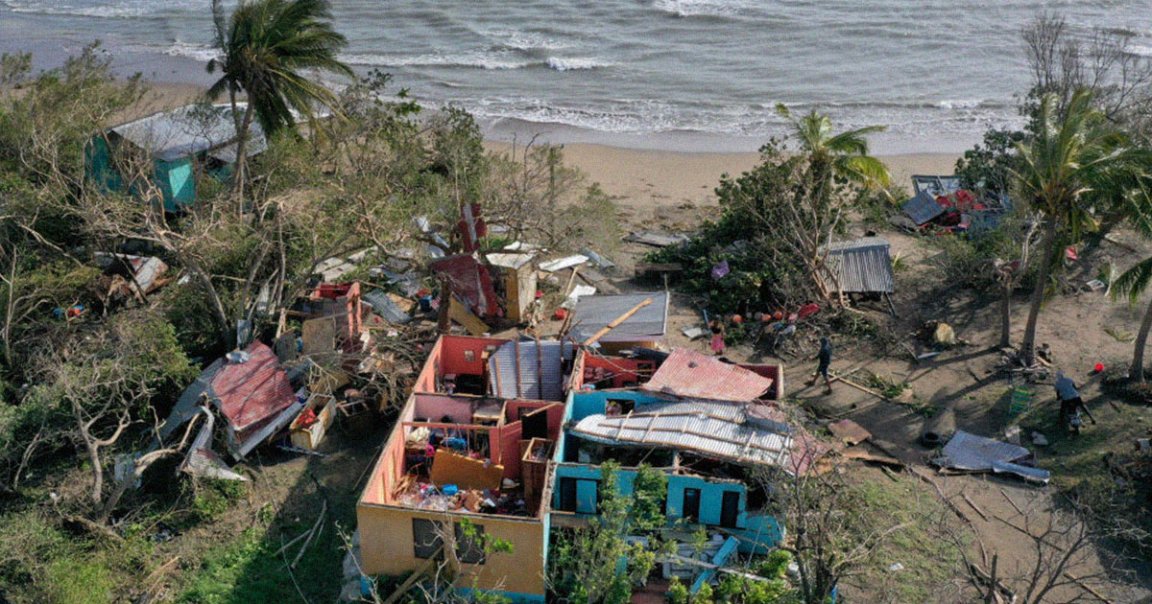
Hurricane Corso
It took only two days for Hurricane Beryl to grow from a minor tropical storm into a deadly category-four event. Then it grew into a powerful category five hurricane, the strongest on the hurricane wind scale, blasting through the Caribbean with wind speeds reaching 165 mph and causing numerous deaths.
Beryl has alarmed environmental scientists for how early in the year it appeared, with most major storms only forming closer to September. And as The Guardian reports, that’s almost certainly due to climate change supercharging Atlantic ocean temperatures.
“Beryl would be astounding to happen anyway, but for it to form in June is completely unprecedented,” University of Miami climate scientist Brian McNoldy told the newspaper. “It’s just remarkable to see sea temperatures this warm.”
“I don’t think anyone would expect an outlier like this to happen, it exceeded expectations,” he added. “With a climate-change-influenced ocean, we are making extreme storms like this more likely to happen.”
Hot Tub Clime Machine
This year follows an already worrying trend, with 2023 also seeing off-the-charts and record-breaking ocean temperatures, and 2024 looking similar. In June alone, the North Atlantic has seen temperatures of two to five degrees Fahrenheit warmer than average.
And that doesn’t bode well for the rest of hurricane season.
“In the Caribbean Sea it has actually been warmer than its usual peak since mid-May, which is absolutely crazy,” McNoldy told The Guardian. “If the ocean already looks like it’s the peak of hurricane season, we are going to get peak hurricanes.”
“In terms of the science, it’s unfortunately kind of right in line with what we expect when we’re warming the planet and we’re warming our oceans, especially,” Rowan University hurricane expert Andra Garner told NPR.
While we still can’t definitively conclude that climate change is directly responsible for a higher number of storms, scientists have found that the intensity of storms has been growing as a result, feeding on warmer ocean temperatures and releasing more rain from extra moisture in the air.
“Although it is uncertain to what extent climate change contributed to the early formation of Hurricane Beryl, our climate models suggest that the mean intensity of hurricanes will increase in the future due to enhanced global warming,” National Oceanic and Atmospheric Administration research scientist Hiroyuki Murakami told the BBC.
The situation is so dire that experts are now calling for a new “category six” to be added as wind speeds are reaching records much faster.
In short, we’re in uncharted territory — and hurricane season has only just begun.
“Hurricane Beryl sets a precedent for what we fear is going to be a very, very active, very dangerous hurricane season, which will impact the entire Atlantic basin,” World Meteorological Organization deputy secretary-general Ko Barrett told the BBC.
More on global weather: Nvidia Is Simulating a Copy of the Earth